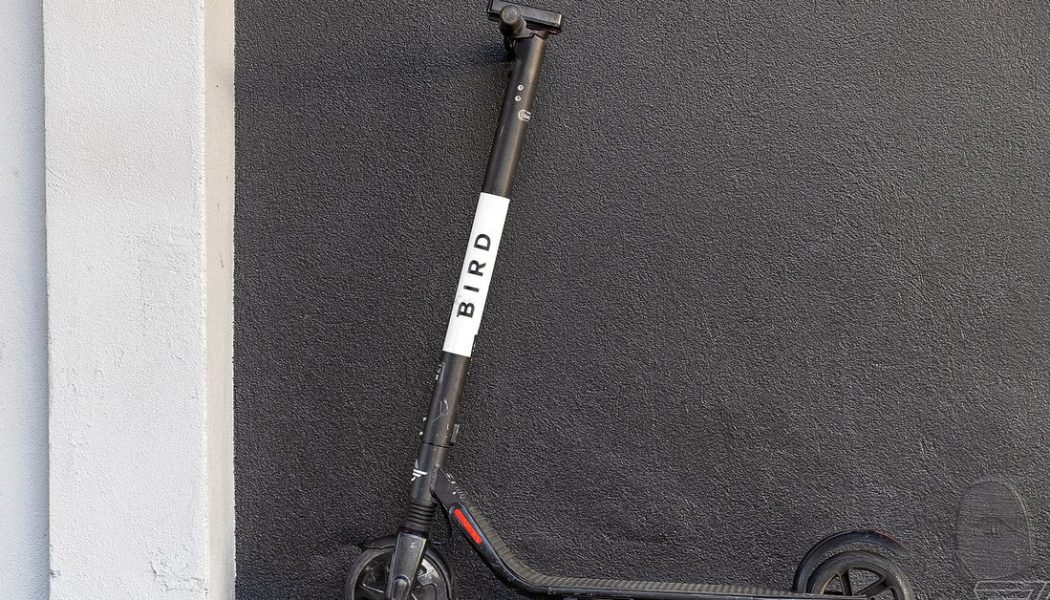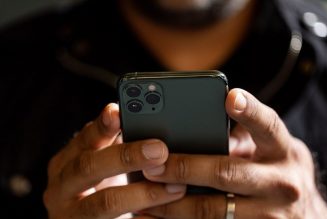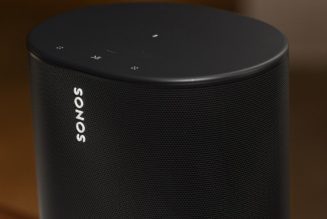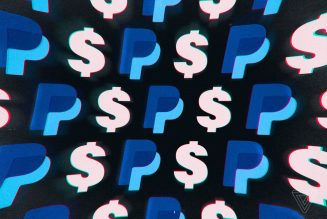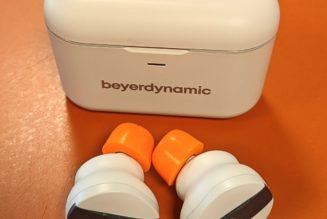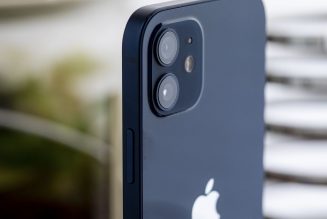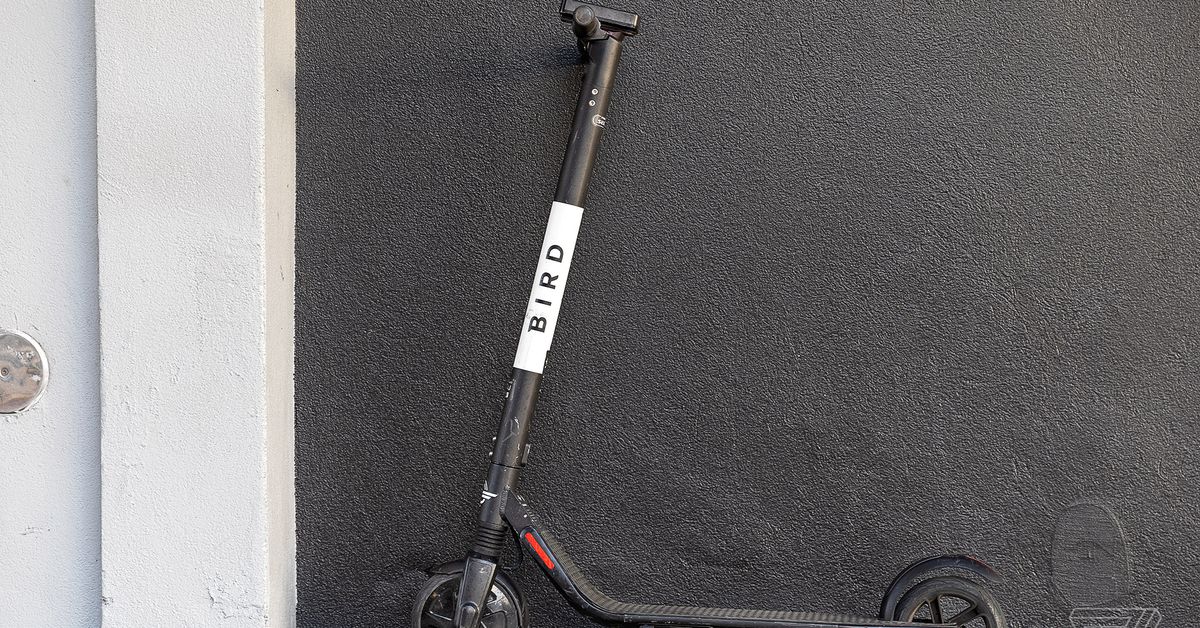
Bird, the beleaguered e-scooter company, received a loan worth between $5 million and $10 million from the federal government’s Paycheck Protection Program (PPP) in late April. The company said in its application to the Treasury Department and the Small Business Association that the loan would help it retain 341 jobs. But less than a month later, Bird laid off over 400 employees, or about 30 percent of its staff.
But Bird contends that it should not be included in the government’s list. “Bird was erroneously listed as a company that filed for a PPP Loan,” a company spokesperson said. “We did not apply for nor did we receive a PPP Loan. We decided as a company not to file an application as we did not want to divert critical funding from small and local businesses.”
Bird CEO Travis VanderZanden also tweeted about the government’s list:
Bird decided not to move forward with PPP b/c we felt like the money was more needed by small local businesses. Citi will confirm we spoke but we never actually applied for the loan and therefore didn’t receive any loan money. Please update article with full Bird quote we sent.
— Travis VanderZanden (@travisv) July 6, 2020
Bird was among the names of companies that got small business loans over $150,000 released today by the Treasury Department after lawmakers pushed for greater transparency. In addition to the scooter startup, there are a number of prominent autonomous vehicle firms, LIDAR makers, and other “mobility” companies on the list.
- TuSimple, a self-driving trucking company with offices in the US and China, received a loan between $2 million and $5 million. The startup said in its application to the Treasury Department and the Small Business Association that the loan would help it retain 324 jobs.
- Luminar, an Orlando-based company that is making LIDAR laser sensors for Volvo, Toyota, and other automakers working on autonomous vehicles, got a loan between $5 million and $10 million to retain 341 jobs.
- Kodiak Robotics, a self-driving truck company that is currently delivering freight in Texas, got a loan in the range of $1 million to $2 million to save 87 jobs.
- Udelv, an autonomous delivery company that’s partnering with Walmart and Baidu, received a loan in the range of $350,000 to $1 million. (The company didn’t disclose how many jobs it would retain.)
- Optimus Ride, a Boston-based AV company with operations in Brooklyn and Northern Virginia, received a loan in the range of $2 million to $5 million to retain 159 jobs.
- Hyperloop Transportation Technologies, a California-based company that sprang up to deliver on Elon Musk’s 2013 transportation vision, received a loan in the range of $150,000 to $350,000 to retain 15 jobs.
- RideCell, an operations platform for ride-hailing companies, received a loan in the range of $2 million to $5 million to retain 246 jobs.
- Bolt Mobility, a micromobility company that offers a range of electric vehicles for rent, got a loan in the range of $350,000 to $1 million to save 18 jobs.
- Turo, a car-sharing company based in San Francisco, received a loan in the range of $5 million to $10 million. (The company didn’t disclose how many jobs it would retain.)
- May Mobility, an autonomous shuttle company based in Michigan, got a loan in the range of $1 million to $2 million to save 58 jobs.
- Velodyne, the top LIDAR manufacturer in the US, received a loan in the range of $5 million to $10 million to retain 450 jobs.
- LIDAR maker Aeye got a loan in the $2 million to $5 million range to save 85 jobs.
Update July 6th, 2:53PM ET: Updated to include statement from Bird.
